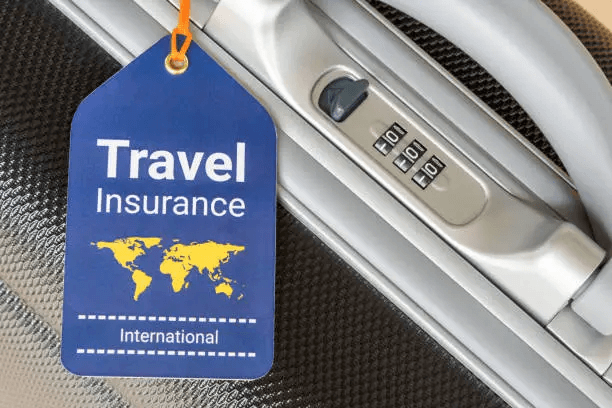
How Travel Insurance Works
Travel insurance is a sort of insurance coverage that offers financial security and support in the event of unforeseen circumstances or emergencies while you are on the road. It is intended to support you while you are away from home and help reduce potential financial losses. In general, how travel insurance works OR travel insurance operates as follows:
- Purchase of a Policy: You can purchase travel insurance via insurance providers, travel agents, or specialized internet travel insurance marketplaces. You must include information about your trip, including the length, location, and number of travellers. You will be presented with a range of coverage options and associated premiums based on these variables.
- Travel insurance often offers a variety of coverage options, which could include: (a). Reimburses you if you must cancel or shorten your vacation due to an insured occurrence, such as illness, injury, or unforeseeable circumstances like natural catastrophes. (b). Medical Expenses: Provides coverage for medical expenses incurred as a result of illness or injury sustained while you were travelling, including doctor visits, hospital stays, medicines, and, if necessary, emergency medical evacuation. (c). For misplaced, stolen, or damaged luggage and personal belongings, compensation is offered. (d) Travel Delay: Reimburses additional costs, such as lodging, meals, or transportation, incurred as a result of unanticipated delays.
- Review the policy’s terms and conditions thoroughly to understand the coverage limits, exclusions, deductibles, and any pre-existing conditions that might have an impact on your coverage. Read the fine print of each policy since there may be special conditions and restrictions.
- Premiums and Deductibles: You must pay a premium, the insurance policy’s price when buying travel insurance. The amount of coverage, length of the trip, location, as well as age, and number of travellers, all affect premiums. Some policies may also have deductibles, which means you must pay a specific sum of money before your insurance coverage begins to pay out.
- Claim Submission: You must submit a claim to your insurance company in the event of an unexpected occurrence covered by your policy. This usually entails submitting a claim form, supplying supporting paperwork (such as medical records, police reports, or invoices), and adhering to the claim procedure specified by your insurer.
- Claim Resolution: After assessing your claim, the insurance provider will determine if the incident is covered by the terms of the policy. In most cases, direct payment or reimbursement to you will be used to reimburse you for the qualified expenses if they are accepted.
Travel insurance coverage varies between policies and providers, so it’s crucial to research your options and pick the one that best fits your needs and travel itinerary.
Source: Bisimaii.com









